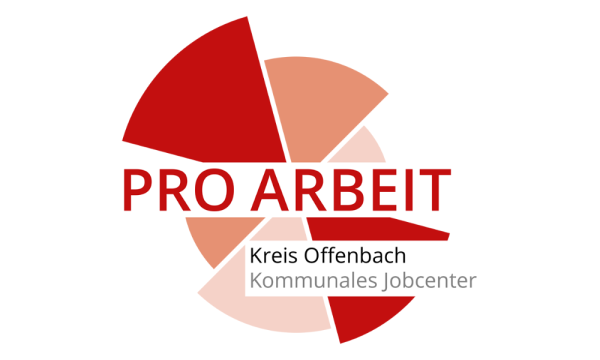The Care Assistant (Alltagshilfe) and Telenursing projects seek to qualify low skilled unemployed persons, often migrants and refugees for low entry barrier care professions. The projects addresses the lack of workforce in the care sector and high unemployment rates among migrants and refugees. In addition to skills straining for care and telecare, the project offers support for acquiring drivers licences and language learning opportunities and socio-educational support, for those furthest form the labour market. Overcoming language barriers is key in care professions, to ensure a good communication between professional carers and person with care needs. Driver’s licenses are a key requirements for care assistants.
On the other hand, we designed the Advancing Care Qualification project to develop a digital transformation plan to enhance the digital skills and competence development of healthcare professionals, including caregivers who are at the front line of healthcare services provision. The identified gaps in digital skills in the technologies and tools of telecare, from the side of nurses, caregivers, and midwives, pose a big burden in providing such services seamlessly, resulting in unsupported telecare healthcare. Innovative tools could ease the work of professionals and be more efficient by utilising fewer resources and increasing the quality of life of citizens.


